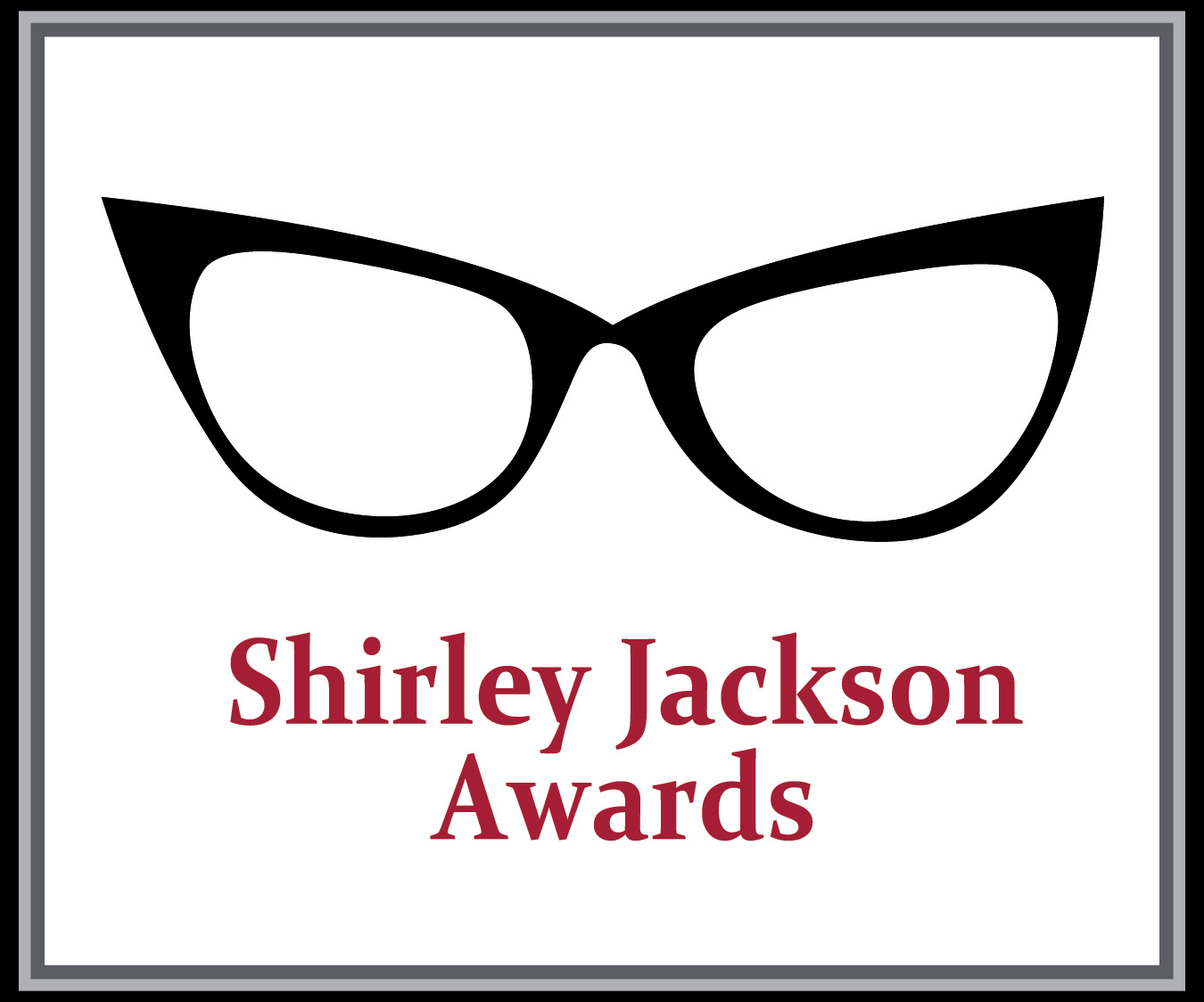Alden Bell
Hi! Thanks for agreeing to do the interview. What motivated you to write The Reapers Are the Angels, especially considering how different it is compared to your first published novel?
I’ve always been a huge fan of the supernatural genre in general and zombie movies in particular. When I was growing up I couldn’t get enough of Stephen King, Peter Straub, H.P. Lovecraft. And, in fact, I remember reading Shirley Jackson’s WE HAVE ALWAYS LIVED IN THE CASTLE when my freshman high school teacher recommended it to me. She pulled it off her shelf and said, “Here, just read the first paragraph. You won’t be able to stop.” And she was right. Later on, through college and grad school, I spent most of my time reading more canonical literature, but I always held a special place in my heart for the books I grew up with. So after my first book was published (a novel about prep school girls in contemporary New York), I decided I wanted to try my hand at the Dawn of the Dead type stories I always loved. But I was determined to do it in a way that didn’t sacrifice style for plot (because I think I’m much more of a stylist than a plotter). I tried to find that delicate balance between the “literary” and the “genre” that Shirley Jackson herself effects so beautifully. It was a thrilling challenge.
In your opinion, what is it about the concept of zombies that makes it relevant and interesting for today’s readers?
A lot of people think zombies (and apocalyptic literature in general) represent a cultural fear of the world crashing down around you–and so they see an appropriate connection between the rise in popularity of zombies and the threat of war or the collapse of banks or other wobblings of society. Personally, it seems to me that there’s just as much optimism in zombie stories as there is pessimism. There’s something almost ecstatic about the idea of wiping the slate of American society clean and starting over. Zombie literature takes us back to the beginnings of the country: times of settlers in dangerous wildernesses, frontier towns, the formation of new laws, new and self-crafted ideals. No matter what the zombie story, there always seem to be moments of authentic joy when the protagonists find themselves the only consumers in a shopping mall that is entirely their own, or the only people riding the rides in an empty amusement park. Take the poster for the recent series The Walking Dead: a man riding down an empty freeway on a horse. Yes, society has collapsed, but that is a man who is setting out to build a new one–from scratch.
What challenges did you have to overcome over the course of writing the book?
One of the things I was most worried about while writing Reapers was the southern dialect of the characters. I was raised in California and have lived in New York for the past couple decades. I adore the south, but I’ve only visited there on a few occasions. So, to be honest, I have no business writing authentic southern dialect. This fact crippled me for a while, but then I made a determination: I wasn’t going to write authentic southern dialect. Instead, I would write stylized southern dialect. I would write a hodge-podge pidgin gathered from the books I love by people like Faulkner and Hurston and Twain and William Gay and Tom Franklin. The great thing about fiction is that it doesn’t have the same obligations to realism that journalism does. The language of Reapers doesn’t claim to be accurate to any local tongue, because the book doesn’t take place in any real place. It takes place in a stylized world that borrows equal parts from reality and imagination.
Please help support the Shirley Jackson Awards. Click here for details.
